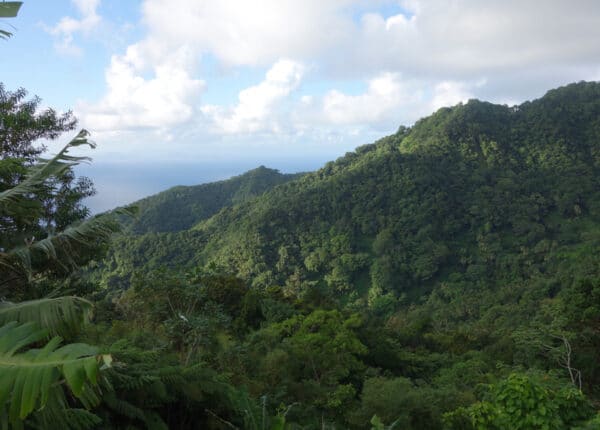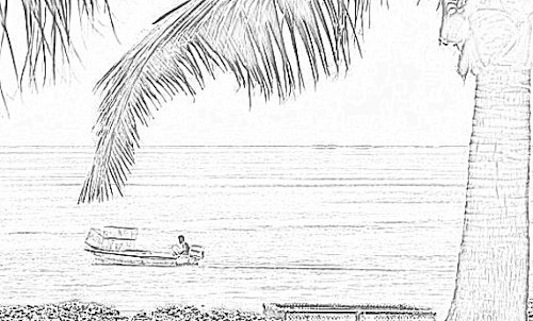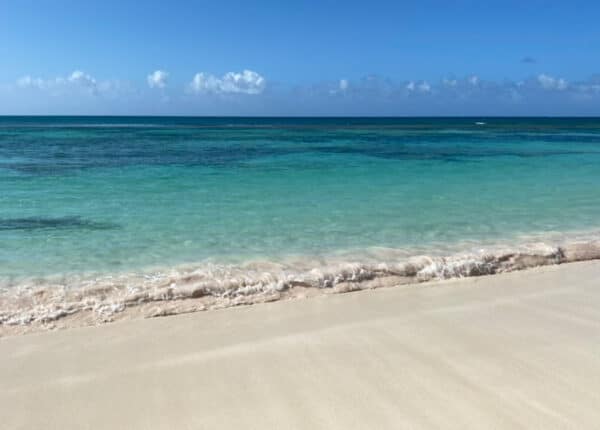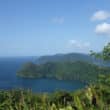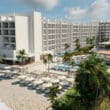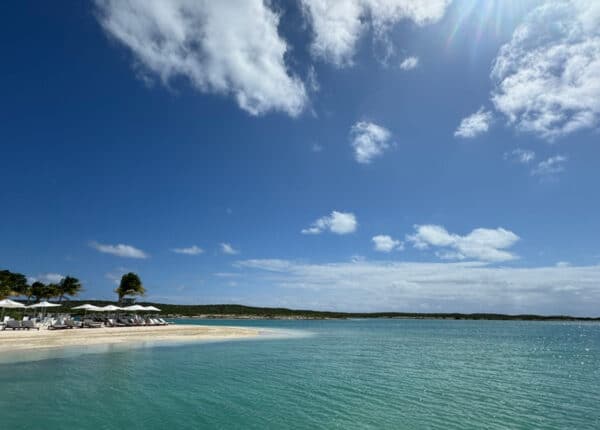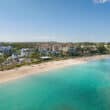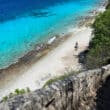By David P Rowe
Op-Ed Contributor
In the Caribbean, it is well established that political corruption contributes to the spread of organized crime and terrorism. Corrupt politicians participate directly or indirectly in the trafficking of drugs, arms and human beings.
In the Caribbean, we need to try to achieve a standard of political behavior, which our metropolitan patrons will appreciate, and support.
Many observers anticipated the issuance of an arrest warrant for former Turks and Caicos Premier Michael Misick by the British Special Investigation and Prosecution Team (SIPT) last week, as it appeared that the political tension on the island had reached a breaking point.
Misick, reportedly sequestered in the Dominican Republic, has accused the new interim government that had been established in Turks of “political persecution” against himself, his family and former cabinet members of the Progressive National Party.
The SIPT, an elite prosecution team sent by London, had made it clear earlier that they wanted to question Mr Misick concerning allegations of corruption and money laundering during his term in office.
They also indicated that Mr Misick had failed to voluntarily surrender to the SIPT team to discuss allegations of corruption and money laundering.
Even by Caribbean standards, Mr Misick has been a colourful character. A lawyer by profession, he comes from a family that has produced three other political leaders in the TCI. In fact, his brother, Washington Misick, is a former chief minister.
The records seem to reflect that in a period of just several years Mr Misick allegedly amassed a far larger bank account than his Premier’s salary would suggest.
It was this kind of sudden expansion of assets that led to the intervention of the United Kingdom and the establishment of a Commission of Inquiry to look into corruption.
In 2008 the British Parliament received a large volume of allegations from the Turks and Caicos Islanders alleging high-level corruption in the islands.
In late 2008 the British Government conducted an inquiry into high-level corruption in the Turks and Caicos, which found evidence of a high probability of systemic corruption or other serious dishonesty.
Shortly thereafter, on Aug. 14, 2009 the United Kingdom imposed direct rule on the Turks & Caicos and suspended the rewritten constitution put forth in 2006.
Misick and his political party have never accepted the legitimacy of the suspension of the constitution. Since the suspension, several government ministers have been questioned and arrested.
At some point in 2010 Michael Misick reportedly left the Turks & Caicos Islands and went to reside in the Dominican Republic.
From that outpost he has continued to criticize of the British refusal to restore constitutional government and of the scope of investigations of the SIPT.
One of the major accusations against Misick is that he allegedly allowed the trans – Caribbean Ponzi scheme named OLINT to operate from the Turks & Caicos Islands.
In 2011, David Smith, a Jamaican, pleaded guilty and given 30 years for the money laundering in OLINT in Federal Court in Tampa.
The SIPT and the US Justice Department cooperated in the investigation of OLINT.
Last week Misick reportedly requested political asylum in a third country, probably Venezuela.
As this modern day political drama develops, Caribbean leaders are now thinking seriously of their own criminal liability for their political conduct while in office. The previous free-for-all must now comply with the aforementioned international standards.
David P Rowe is an attorney in Florida and Jamaica and a professor of law at the University of Miami School of Law.
Note: the opinions expressed in Caribbean Journal op-eds are those of the author and do not necessarily reflect the views of the Caribbean Journal.
